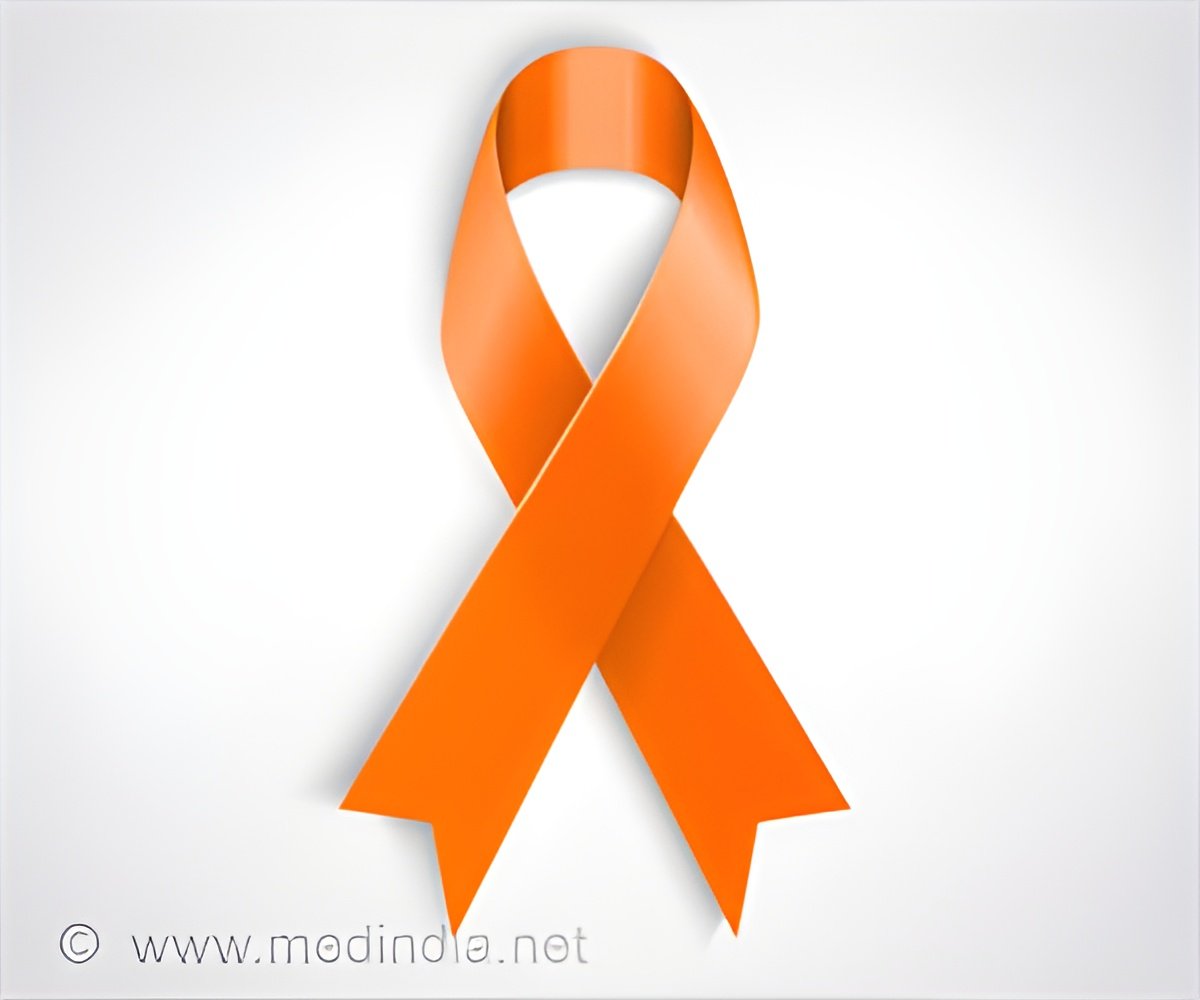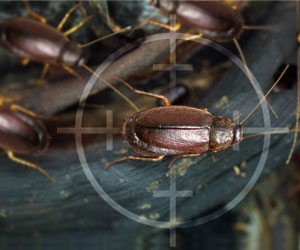Enzyme from yeast, L-asparaginase, has passed in vitro trials showing efficiency against acute lymphoblastic leukemia cells.

- New protein, L-asparaginase, derived from baker's yeast has found to efficiently destroy the cells in acute lymphoblastic leukemia (ALL).
- Previously, ALL had been treated using an enzyme similar to the L-asparaginase which was extracted from the bacterium Escherichia coli.
- But the bacterial enzyme triggers severe immune responses ranging from mild allergy to anaphylactic shock.
- The protein derived from yeast does not trigger severe immune responses or cause harm to the other healthy cells.
In 2016, the estimated number of new cases of ALL were 6,590 and estimated number of deaths were 1,430.
"In this study we characterize the enzyme L-asparaginase from S. cerevisiae. The results show this protein can efficiently annihilate leukemia cells with low cytotoxicity to healthy cells," said Gisele Monteiro, a professor at University of São Paulo's School of Pharmaceutical Sciences and the principal investigator for the published study.
In ALL and several other types of cancer, cells are unable to synthesize an essential amino acid asparagine because of the deficiency in the production of enzyme asparagine synthetase.
"This type of cell depends on extracellular sources of asparagine, an essential amino acid for the synthesis of proteins and hence of DNA and RNA. So it's required for cell division," Monteiro said.
ALL has been treated using an enzyme similar to the L-asparaginase, since the 1970. Back then, it was extracted from the bacterium Escherichia coli.
"Our goal in this project wasn't to produce the enzyme, but rather to find a new source of the biodrug in microorganisms for use in patients who develop resistance to the bacterial enzyme," Oliveira said.
Many essential cellular processes are same in yeast and humans, both of which are eukaryotic meaning that its cells have a membrane-bound nucleus that contains the genetic material, according to Iris Munhoz Costa, the first author of the study.
On the other hand, bacteria are prokaryotic. This is believed to be why L-asparaginase induces a more moderate immune response than bacterial enzymes do.
Testing the Effects of the Enzyme
The gene from L-asparaginase was cloned, and the researchers used genetic engineering to make E. coli express large amounts of the enzyme originally found in yeast.
"We were able to obtain the recombinant protein," Costa said. "We then performed studies to characterize its secondary structure and identify important regions called catalytic sites. Finally, we evaluated its efficacy in vitro."
The enzyme was tested in three different cell lineages:
- leukemia cells incapable of producing asparagine at normal levels (MOLT4)
- leukemia cells capable of producing asparagine at normal levels (REH)
- non-malignant cells, used as a control (HUVECs)
"The bacterial enzyme killed about 90% of the MOLT4 human leukemia cells and displayed low toxicity to the healthy HUVEC cells, killing only 10%," Monteiro said. "The yeast enzyme killed between 70% and 80% of the MOLT4 cells and displayed less than 10% toxicity for HUVEC cells. Neither was significantly effective against REH cells."
Conclusion
In addition to ALL, asparaginase is also used to treat rarer cancers such as lymphosarcoma, Hodgkin's disease, chronic lymphocytic leukemia, reticulosarcoma and melanosarcoma.
To evaluate the immune response and toxicity, researchers plan on performing new in vitro trials with different cell types. Positive results may result in the first tests in animals may be next. The researchers are also studying possible modifications that could be made to the molecule's structure on order to its anti-tumor activity and extend the enzyme's half-life.
Findings from the research project are described by scientists at the University of São Paulo's School of Pharmaceutical Sciences (FCF-USP) and São Paulo State University's Coastal Campus Bioscience Institute (IB-CLP-UNESP) in an article published in the journal Scientific Reports.
Reference
- Cancer Stat Facts: Acute Lymphocytic Leukemia (ALL) - (https://seer.cancer.gov/statfacts/html/alyl.html)
Source-Medindia














